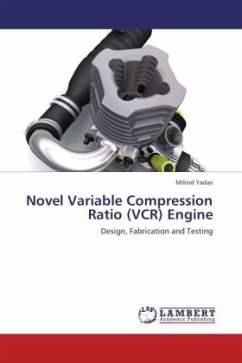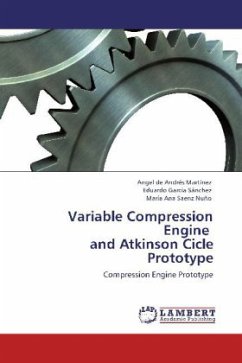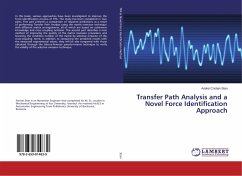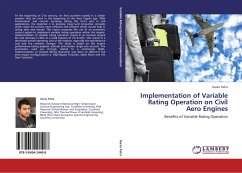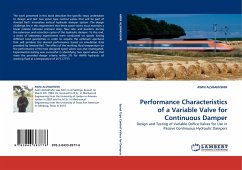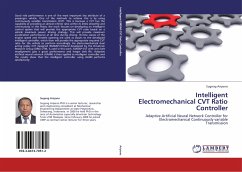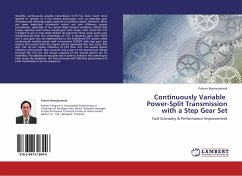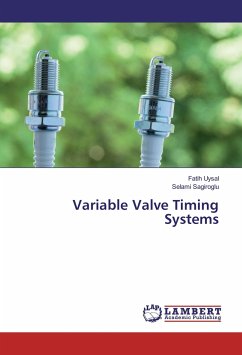Conventional gasoline engines work on the fixed compression ratio which is a golden mean between the knocking at high loads and fuel economy at low loads. A variable compression ratio engine can work at various compression ratios depending upon the vehicle performance needs. Engine downsizing, great fuel economy, no knocking operation and flexibility in fuel used make them a brilliant choice as automotive engines in near future. However the VCR engines also suffers from disadvantage of mass manufacturing due to their complexity. The author of the present book studied the details of VCR engines and proposed a concept of conversion of fixed compression ratio in to a variable compression ratio engine. The newly designed mechanism makes use of a split type of cylinder block which varies the compression ratio by lifting the cylinder head. The mechanism can be loaded on two stroke as well as four stroke engines. Mechanical simplicity, improved fuel economy and increase in the brake thermal and volumetric efficiency are the major advantages after conversion of fixed compression ratio engine into a variable compression ratio engine.
Bitte wählen Sie Ihr Anliegen aus.
Rechnungen
Retourenschein anfordern
Bestellstatus
Storno

